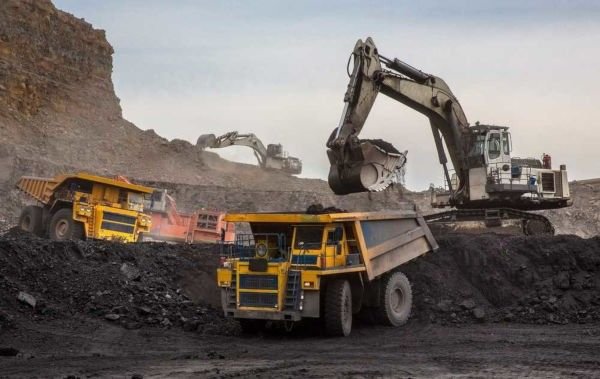
Mining activities are essential for extracting valuable resources that power our modern world. However, they also generate significant amounts of waste, which can have detrimental effects on the environment if not managed properly. In this blog post, we will explore three effective ways to process mining waste, highlighting their benefits and importance for a sustainable future.
Recycling Mining Materials
One of the most effective ways to manage mining waste is through recycling. This process involves reprocessing materials such as metals and minerals that are often discarded during mining operations. By recycling these materials, we can significantly reduce waste and conserve natural resources.
Benefits of Recycling:
- Resource Conservation: Recycling reduces the need for new extraction, which can help preserve ecosystems and biodiversity.
- Energy Savings: The energy required to recycle materials is often much lower than that needed for new extraction, leading to reduced carbon emissions.
- Economic Opportunities: The recycling industry can create jobs and stimulate local economies.
By implementing recycling practices in the mining sector, we can minimize the environmental impact of mining activities and promote a circular economy.
Utilizing Waste for Energy
Another innovative approach to managing mining waste is to convert it into alternative energy sources. For instance, organic waste generated from mining operations can be processed to produce biogas. This renewable energy source can be used to power machinery, facilities, and even local communities.
Benefits of Utilizing Waste for Energy:
- Reduced Carbon Emissions: By using waste as a source of energy, we can decrease reliance on fossil fuels and lower greenhouse gas emissions.
- Waste Reduction: This approach helps divert waste from landfills, reducing the overall environmental footprint of mining operations.
- Sustainable Energy Solutions: Utilizing waste for energy contributes to a more sustainable energy landscape, promoting energy independence and resilience.
By harnessing the potential of mining waste for energy production, we can create a more sustainable and environmentally friendly mining industry.
Land Reclamation
Land reclamation is the process of restoring land that has been disturbed by mining activities to its original condition or transforming it into a productive landscape. This involves replanting vegetation, managing soil quality, and creating new ecosystems that support biodiversity.
Benefits of Land Reclamation:
- Ecosystem Restoration: Reclamation efforts can help restore habitats for wildlife and promote biodiversity in previously disturbed areas.
- Improved Soil and Water Quality: Proper reclamation practices can enhance soil health and water quality, benefiting local ecosystems and communities.
- Community Benefits: Reclaimed land can be used for agriculture, recreation, or conservation, providing valuable resources and spaces for local communities.
Effective land reclamation not only mitigates the environmental impact of mining but also contributes to the overall health and well-being of surrounding communities.
Conclusion
Processing mining waste is crucial for minimizing the environmental impact of mining activities. By adopting practices such as recycling, utilizing waste for energy, and land reclamation, we can create a more sustainable mining industry that benefits both the environment and society. Every small step in managing mining waste can lead to significant positive changes for our planet.
Let’s work together to promote responsible mining practices and protect our environment for future generations. Share this information and support efforts to process mining waste!
